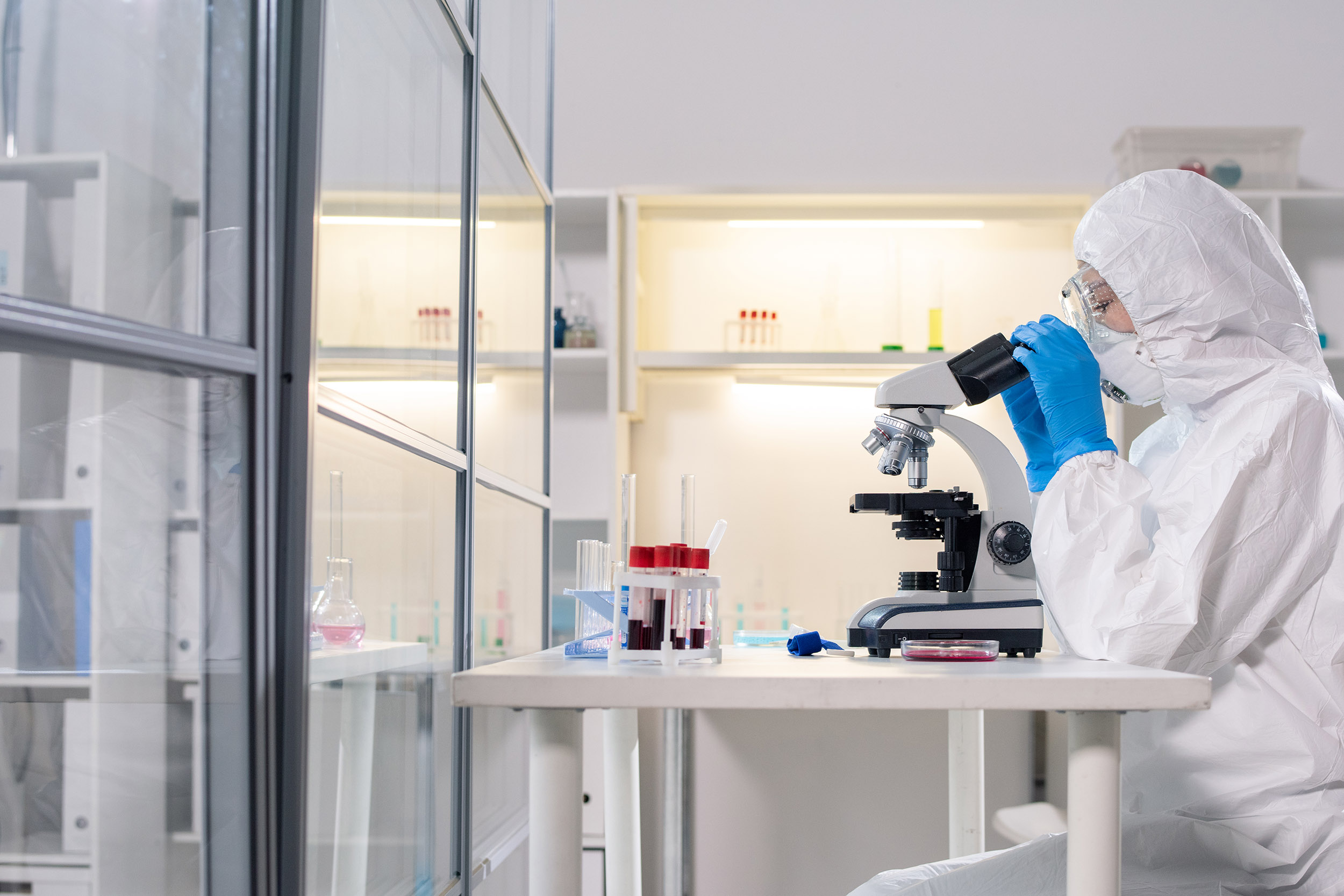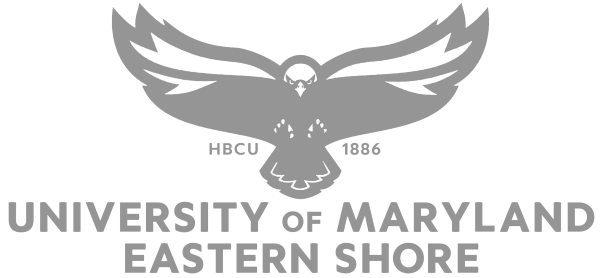Latest Task Force News
USM Task Force and Corporate Sponsors Recognize Six Outstanding App Technology Innovations to Improve Citizens' Lives During the Health Crisis
The USM COVID Task Force invites students, faculty, staff, and alumni of USM universities to enter its Public Health Challenge. Entries in the video (live or animated) or social media campaign categories will be accepted through January 25, 2021.
Computer science professor Aravind Srinivasan is a principal investigator on a research initiative to develop algorithms that prioritize who and when to test for COVID-19 and identify a “superspreader” faster than current contact tracing methods allow
Researchers at the University of Maryland School of Medicine are participating in the Phase 3 clinical trial of an investigational COVID-19 vaccine co-developed by scientists at Moderna, Inc., and the National Institute of Allergy and Infectious Diseases, part of the National Institutes of Health.
The Centers for Disease Control and Prevention awarded a $900,000 grant to the Division of Genomic Epidemiology and Clinical Outcomes to identify the most effective measures for COVID-19 infection control in hospitals and long-term care facilities.
Guided by his mentor Assistant Professor Joshua Sokoloski, chemistry major Brandon Tenaglia is analyzing the internal structure and three-dimensional shape of the novel coronavirus RNA to support research into RNA-interacting therapies.
Katherine Seley-Radtke, a medicinal chemist and professor at UMBC, has developed an antiviral compound that has been shown to kill human coronaviruses.
The USM COVID Research & Innovation Task Force is pleased to announce the six winning teams for the COVID App Challenge, which challenged the USM community to develop mobile app solutions to a problem caused by COVID-19.
A research team led by Donald K. Milton, MD, DrPH seeks volunteers for a study of how people transmit COVID-19 and how to prevent transmission. The study will examine how much airborne virus is released when an infected person breathes, talks, or sings.
Bowie State Computer Science Professor Sharad Sharma is the principal investigator on a National Science Foundation grant-funded project using data science and artificial intelligence to understand why Black Americans are experiencing higher rates of COVID-19 deaths.
Researchers at the University of Maryland School of Medicine evaluated several human antibodies to determine the most potent combination to be mixed and used as anti-viral therapy for COVID-19 patients.
The UMBC research team will design, build, and train deep neural networks to detect cases of COVID-19 earlier and greater accuracy, helping to limit spread of the disease.
Working with the newly formed Global Consortium for Chemosensory Research, Vonnie Shields, Ph.D., has analyzed data related to COVID patients’ smell and taste and chemesthetic sensations.
Faculty in the Department of Cell Biology and Molecular Genetics have teamed up to develop small molecules called aptamers and test their ability to block COVID-19 infections.
Dipanjan Pan, Ph.D., who is a faculty member at both UMBC and the University of Maryland School of Medicine, developed an experimental early detection test for COVID-19.
Connect and Collaborate with
USM Experts and Institutions
USM Experts and Institutions
CONNECT & COLLABORATE
USM experts seek opportunities to collaborate on solutions to the COVID-19 crisis.
Now more than ever, partnership is critical.
To make a connection, use the contact form or email
covidsolutions@usmd.edu.




















